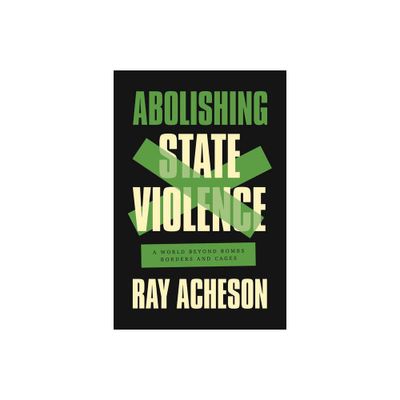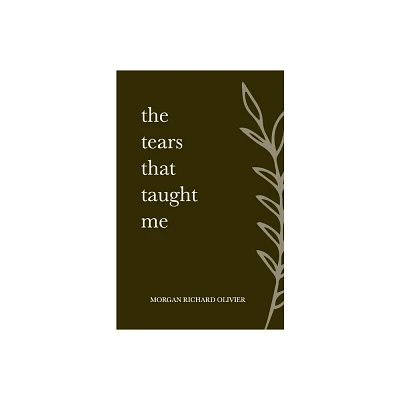Home
Assata Taught Me: State Violence, Racial Capitalism, and the Movement for Black Lives
Loading Inventory...
Barnes and Noble
Assata Taught Me: State Violence, Racial Capitalism, and the Movement for Black Lives
Current price: $16.95


Barnes and Noble
Assata Taught Me: State Violence, Racial Capitalism, and the Movement for Black Lives
Current price: $16.95
Loading Inventory...
Size: Audiobook
*Product Information may vary - to confirm product availability, pricing, and additional information please contact Barnes and Noble
Black Panther and Cuban exile Assata Shakur has inspired generations of radical protest, including the contemporary movement for Black lives. Drawing its title from one of America's foremost revolutionaries, this collection of thought-provoking essays by award-winning Panther scholar Donna Murch explores how social protest is challenging our current system of state violence and mass incarceration.
Murch exposes the devastating consequences of overlapping punishment campaigns against gangs, drugs, and crime on poor and working-class populations of color. Through largely hidden channels, these punishment campaigns generate enormous revenues for the state. Under such conditions, organized resistance to the advancing tide of state violence and mass incarceration has proven difficult.
This timely and urgent book shows how a youth-led political movement has emerged in recent years to challenge the bipartisan consensus on punishment and looks to the future through a redistributive, queer, and feminist lens. Murch frames the contemporary movement in relation to earlier struggles for Black Liberation, while excavating the origins of mass incarceration and the political economy that drives it.
Murch exposes the devastating consequences of overlapping punishment campaigns against gangs, drugs, and crime on poor and working-class populations of color. Through largely hidden channels, these punishment campaigns generate enormous revenues for the state. Under such conditions, organized resistance to the advancing tide of state violence and mass incarceration has proven difficult.
This timely and urgent book shows how a youth-led political movement has emerged in recent years to challenge the bipartisan consensus on punishment and looks to the future through a redistributive, queer, and feminist lens. Murch frames the contemporary movement in relation to earlier struggles for Black Liberation, while excavating the origins of mass incarceration and the political economy that drives it.


















